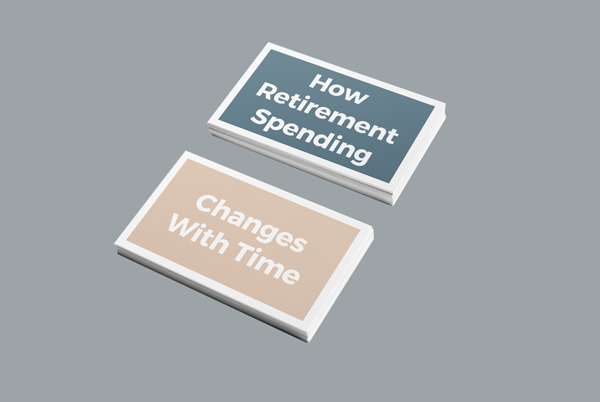Retirement Realities
Expectations vs. Reality
Predicting exactly what your retirement will be like is about as possible as a meteorologist predicting the weather correctly every single time. In fact, few retirees find their financial futures playing out precisely as they assumed. But, understanding some of the more common assumptions about retirement may help you get closer to your goal than most.
Do retirees actually “outlive” their money?
Generations ago, as people retired, many lived in dire straits, sometimes “down to their last dime,” which led to the creation of Social Security. Today, Social Security is still around and a common supplement to one’s retirement strategy. True, health crises can sometimes impoverish retirees, but working with a financial professional may even help you prepare for this hard-to-anticipate cost.
Retiring on 70-80% of your end salary may not be feasible
A quick internet search reveals all sorts of sources instructing new retirees should strive to retire on 70-80% of their end salary, but it can be a tough one to achieve.
Most new retirees often want to travel, explore new pursuits, learn some hobbies, and finally get around to those things they had put off when they were too busy with work. So, in the first few years, some may spend roughly as much as they did before retirement.
For many retirees, median household spending increases on the way to a retirement transition. But, with a smart financial strategy, the annual median household spending in retirement tends to decline after age 65.1
Practice makes perfect, even in retirement
On average, households headed by those older than 65 spend 28% less annually than younger households (a difference of more than $15,000). While healthcare spending increases in retirement, other household costs decline, particularly transportation and housing expenses.1
Retirement may arrive earlier than expected
Most people retire closer to age 60 than age 70. Believe it or not, the average retirement age for current workers is 66. That means you could find yourself claiming Social Security earlier than you expected if only to avert drawing down your retirement savings too quickly.2
Living the life you want
In general, American retirees seem to have it pretty good. A recent survey found that 7 in 10 retirees are confident they will have enough money saved to live comfortably throughout retirement.3
Remain flexible in retirement
Your retirement may differ slightly or even greatly from the retirement you have imagined. Fortunately, it may be possible to create a flexible retirement strategy with the help of a financial professional. It’s never too late to start!
1. BLS.gov, 2023
2. NerdWallet.com, July 18, 2023
3. EBRI.org, 2023
The content is developed from sources believed to be providing accurate information. The information in this material is not intended as tax or legal advice. It may not be used for the purpose of avoiding any federal tax penalties. Please consult legal or tax professionals for specific information regarding your individual situation. This material was developed and produced by FMG Suite to provide information on a topic that may be of interest. FMG, LLC, is not affiliated with the named broker-dealer, state- or SEC-registered investment advisory firm. The opinions expressed and material provided are for general information, and should not be considered a solicitation for the purchase or sale of any security. Copyright FMG Suite.



